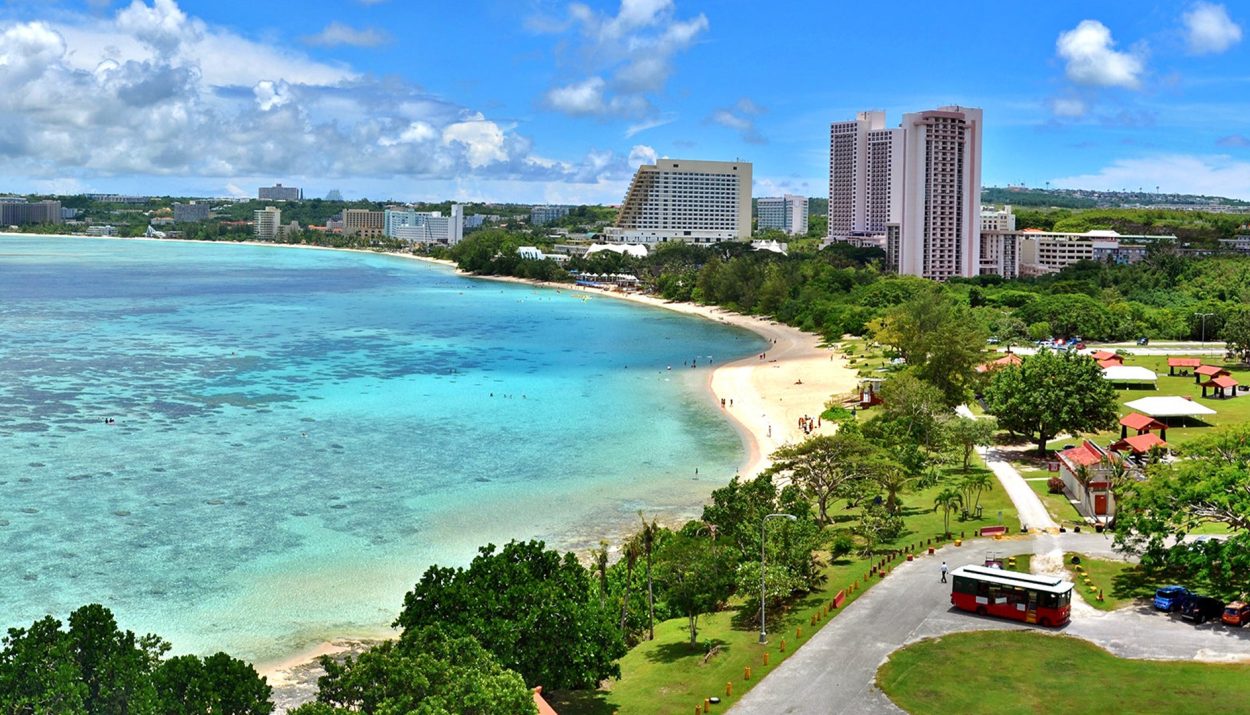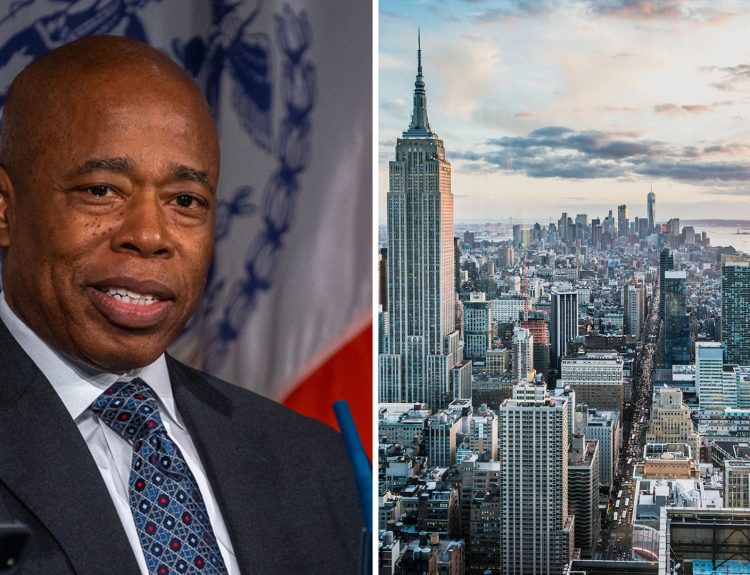In a concerning development, the U.S. territory of Guam has been experiencing an influx of Chinese nationals circumventing legal entry processes. As the situation unfolds, local authorities and federal agencies are working tirelessly to address the multifaceted challenges posed by this surge in unlawful arrivals.
Guam’s Customs Official Raises Concerns
The Commonwealth of the Northern Mariana Islands (CNMI), a separate U.S. commonwealth near Guam, has become a gateway for Chinese nationals seeking to enter Guam illegally. A Guam customs official expressed concern over the manipulation of legal entry processes, highlighting the potential risks to national security and the island’s quality of life.
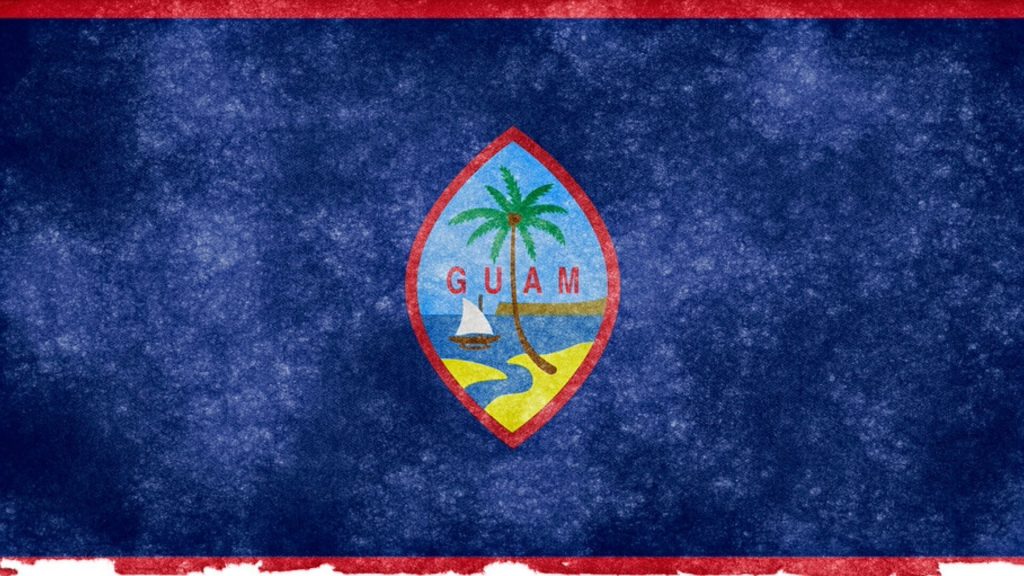
The Guam Customs and Quarantine (CQA) agency is at the forefront of interdicting unlawful arrivals, working to prevent a wide range of threats, including military intelligence gathering, terrorism, human trafficking, and the spread of communicable diseases. The CQA’s vigilance is crucial in safeguarding Guam’s citizens and resources.
The Controversial Visa Waiver Program
In 2009, U.S. Customs and Border Protection (CBP) implemented the Guam-CNMI Visa Waiver Program, which has drawn criticism for its alleged vulnerability to exploitation by Chinese individuals seeking asylum or illegal work. Critics argue that the policy lacks the necessary governmental and national security oversight, potentially exposing the U.S. to nefarious activities orchestrated by the Chinese Communist Party.
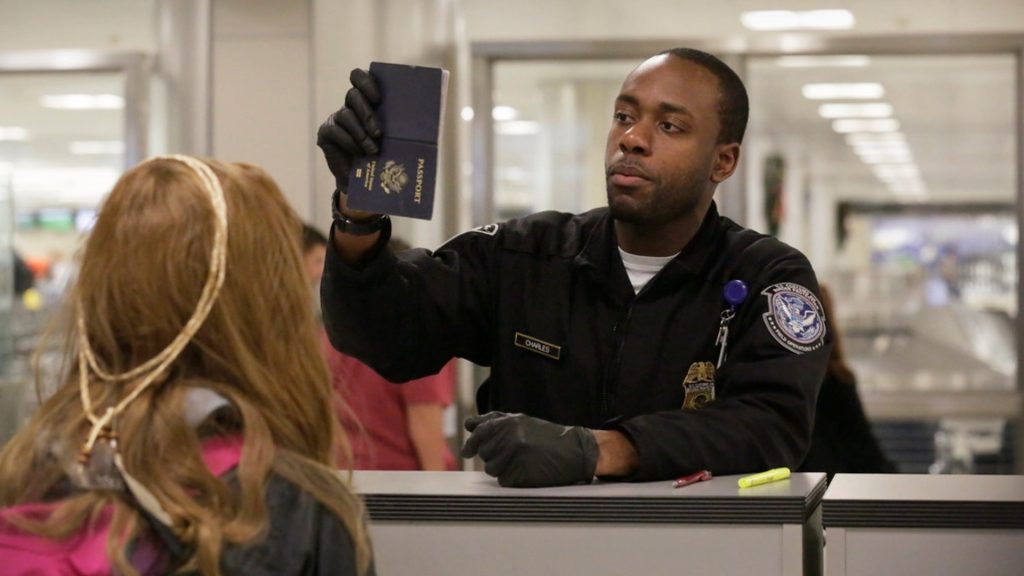
Alana Chargualaf-Afaisen, a spokesperson for the CQA, emphasized the paramount importance of screening and authorizing all arrivals to Guam in accordance with the law. The agency is committed to imposing penalties on those who violate entry regulations, recognizing the critical role of tracking and intercepting individuals and goods that pose potential threats.
Interagency Collaboration To Combat Threats
To effectively detect and identify threats from unlawful arrivals, the CQA collaborates with a network of agencies, including the U.S. Coast Guard, U.S. Navy, CBP, Homeland Security Investigations, and the FBI. This interagency cooperation is essential in maintaining a comprehensive approach to border security and national defense.

An interisland talk group has been established to facilitate daily reporting of vessel movements between Guam and the CNMI. Since 2022, the CQA has reported a total of 118 unlawful or attempted unlawful entries by Chinese citizens, with the majority of cases occurring in 2022 and a smaller number in subsequent years.
Recent Rescue Operation Highlights Ongoing Challenges
In January 2023, U.S. Coast Guard forces in Micronesia collaborated with Guam Fire Rescue and the U.S. Navy to rescue six Chinese nationals aboard a distressed recreational vessel northwest of Guam. This incident underscores the ongoing challenges faced by authorities in the region as they work to ensure the safety and security of both the local population and those attempting to enter the territory.
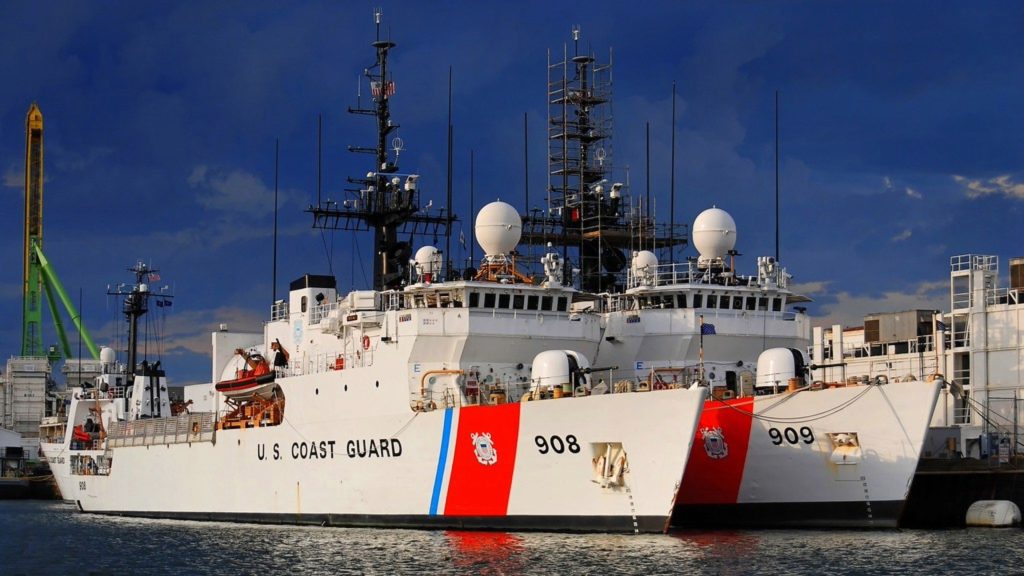
Special Agent in Charge John Tobon of Homeland Security Investigations in Honolulu suggested that the majority of Chinese nationals arriving in Guam are driven by economic motivations rather than malicious intent. However, he emphasized the thorough vetting process that takes place before individuals are admitted into Saipan, utilizing a comprehensive array of government databases.
Guam’s Strategic Importance In U.S.-China Tensions
Beyond the immediate concerns surrounding Chinese nationals in Guam, the island’s strategic location places it at the center of rising tensions between the United States and China. As an unincorporated territory, Guam finds itself in a precarious position, with limited autonomy in the face of potential military conflict.

Melvin Won Pat-Borja, executive director of the Guam government’s Commission on Decolonization, has voiced concerns over the island’s forced role in the posturing and aggression between the two global powers. He emphasizes that Guam’s relationship with the U.S. federal government and the Department of Defense is characterized by consultation rather than consent.
Balancing Security And Sovereignty
As Guam grapples with the influx of Chinese migrants and its strategic importance in the geopolitical landscape, local authorities and residents are faced with the challenge of balancing national security interests with the island’s sovereignty and the well-being of its people. The situation demands a nuanced approach that takes into account the complex dynamics at play.
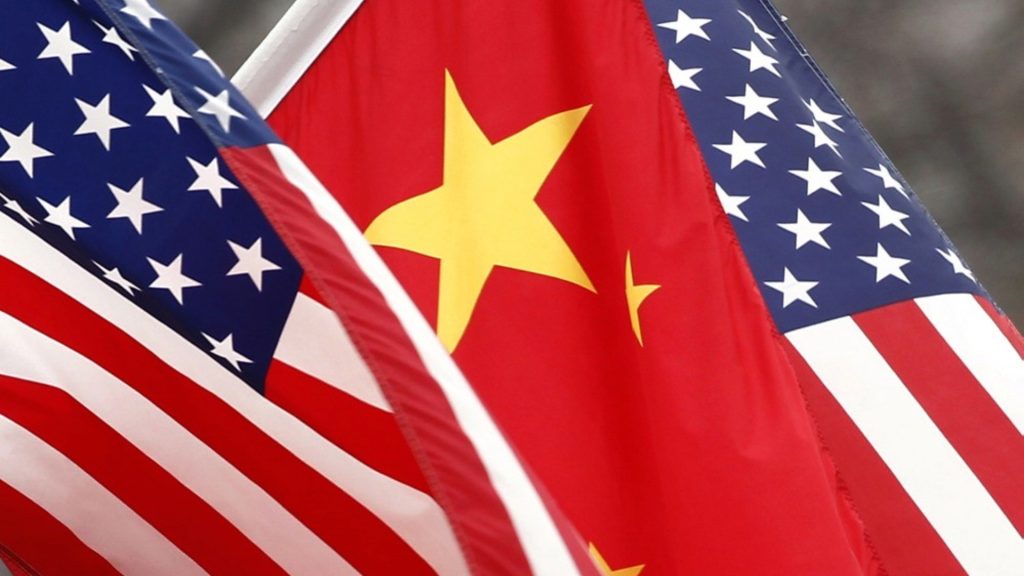
The surge of Chinese migrants flooding into Guam raises critical questions about border security, international relations, and the island’s future. As local and federal agencies work to address the immediate challenges posed by unlawful arrivals, the broader implications of Guam’s role in the U.S.-China rivalry cannot be ignored.
Guam’s Resilience In The Face Of Adversity
Despite the myriad challenges facing Guam, the island’s residents have demonstrated remarkable resilience and a strong sense of community. As they navigate the complexities of their unique political status and the pressures of geopolitical tensions, the people of Guam remain committed to preserving their cultural heritage and forging a path towards greater self-determination.
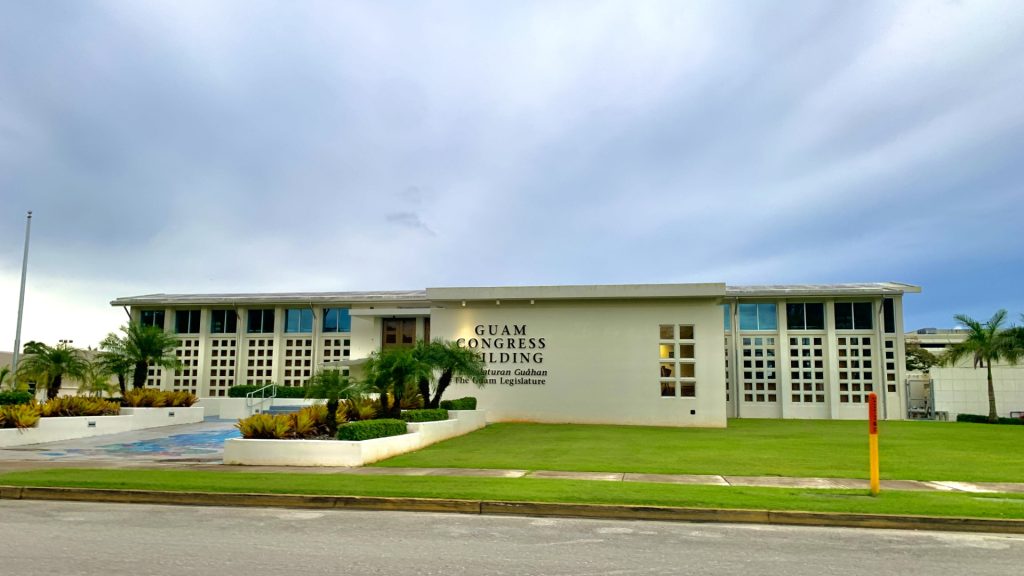
The situation in Guam serves as a poignant reminder of the far-reaching consequences of global power dynamics and the importance of addressing the needs and aspirations of communities caught in the crosshairs of international conflicts. As the world watches the events unfolding in this small Pacific island, it is crucial to recognize the human stories at the heart of the crisis.
Looking Ahead: Seeking Solutions And Solidarity
As Guam confronts the challenges posed by the influx of Chinese migrants and the broader geopolitical landscape, it is essential for the international community to come together in support of the island’s people and their right to self-determination. Collaborative efforts must be made to develop sustainable solutions that prioritize the well-being and security of Guam’s residents.
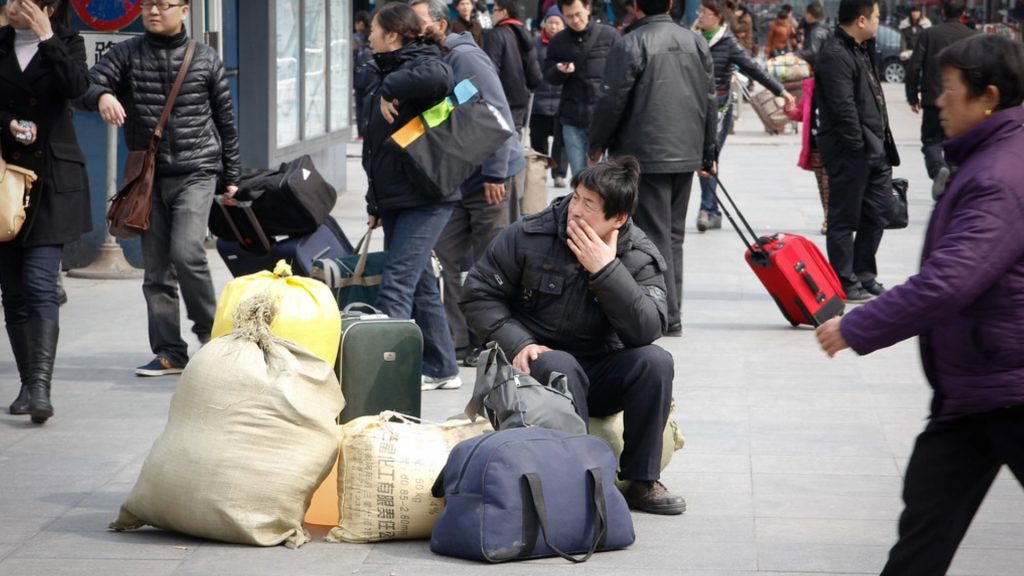
The path forward will require open dialogue, empathy, and a commitment to upholding the principles of international law and human rights. By fostering solidarity and understanding, the global community can work towards a future in which Guam’s people can thrive, free from the burdens of external pressures and the limitations of their political status.
A Call For Awareness And Action
The story of Chinese migrants flooding into Guam is a testament to the interconnectedness of our world and the far-reaching impact of geopolitical tensions. As this situation continues to unfold, it is crucial for individuals around the globe to remain informed, engaged, and committed to supporting the people of Guam in their pursuit of a secure and self-determined future.
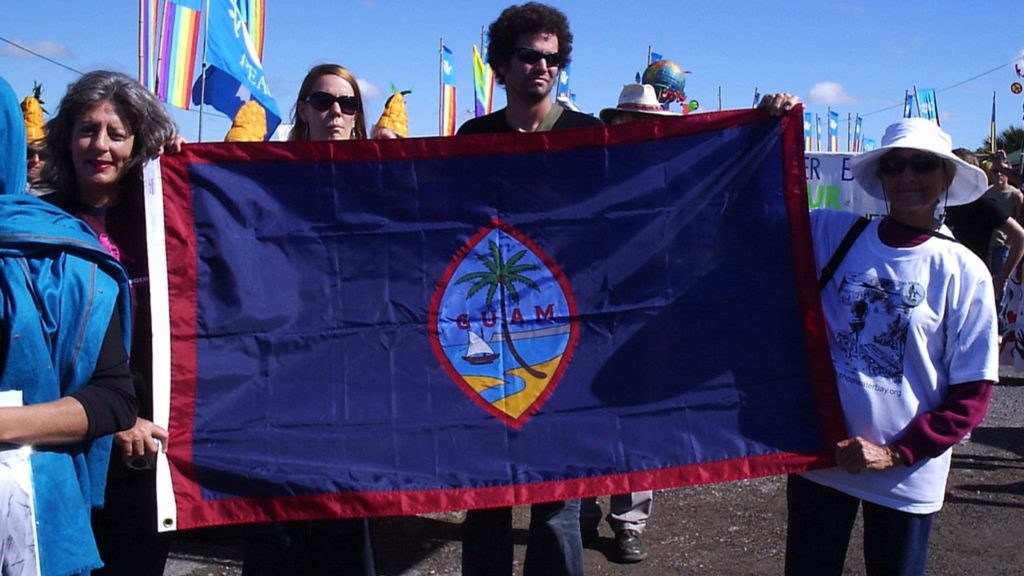
By raising awareness, advocating for change, and standing in solidarity with the people of Guam, we can work towards a world in which the rights and aspirations of all communities are respected and upheld. The challenges faced by this small Pacific island serve as a powerful reminder of our shared responsibility to build a more just, equitable, and peaceful global society.

